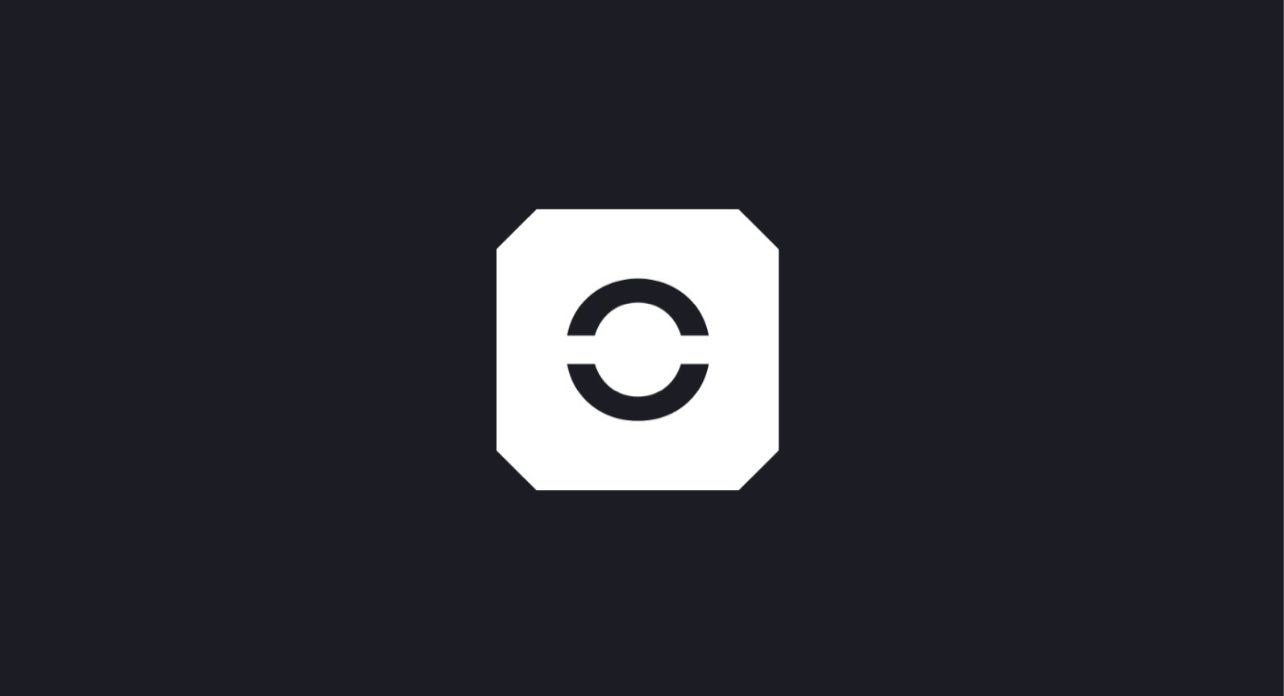Presented by Crucible
Open vs Closed has always been a key defining battle ahead of us when it comes to the next chapter of our lives with the internet. At its core, this is about our digital sovereignty. Science fiction has been illustrating dark visions of what a closed future can look like, but these were always warnings not prophecies. We are now living through it in real-time and we — the people — have some decisions to make. It requires action from all of us in the community if the metaverse is going to have an open future.

Unlock premium content and VIP community perks with GB M A X!
Join now to enjoy our free and premium membership perks.
![]()

![]()